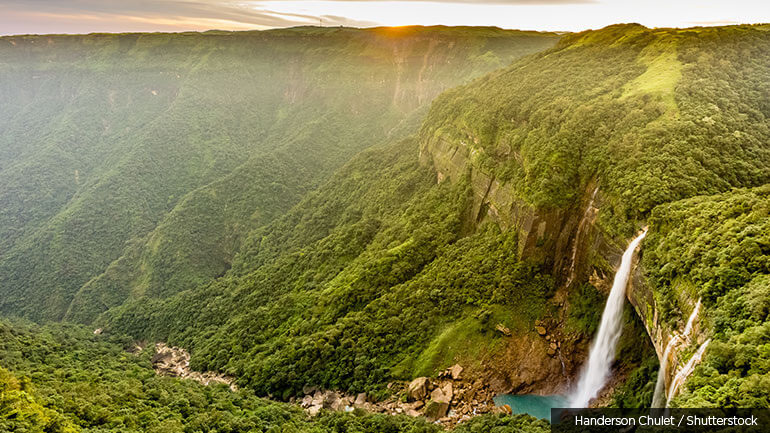
Context
In India, forests play a vital role in providing employment and driving local economies. The state of Himachal Pradesh has been actively working to inform its agri-environmental policies, particularly in the context of apple production. A recent case study on pesticide use in this sector has highlighted necessary changes to existing agricultural and horticultural policies. A comprehensive report is forthcoming, summarizing program inputs and outlining a strategic path forward for the agri-environmental agenda in the state.
Approach
PROGREEN’s knowledge program focuses on establishing a programmatic engagement in sustainable terrestrial landscape management across India, emphasizing cross-sectoral and multi-stakeholder coordination. By mainstreaming a landscape approach, this initiative seeks to address the complexities of managing forests and tree resources sustainably, essential for combating climate change and land degradation. This includes enhancing carbon sequestration, biodiversity, and ecosystem services while generating economically viable goods and services for local communities. PROGREEN aims to improve capacity within India’s Forest Department, align ambitious national targets with state-level initiatives, and foster collaboration among sectors such as agriculture, water resources, and rural development. Additionally, a knowledge platform will be established to enhance coordination among donors, prioritize landscapes, and strengthen institutional reforms.
PROGREEN also leads an investment program in India, as part of the Enhancing Landscape and Ecosystem Management (ELEMENT) Project. The knowledge program supported project by supplying an analytical underpinning to scaled action. PROGREEN-funded studies, including one that analyzed key value chains in the country’s north-east, improved understanding among key stakeholders and counterparts around community-based forest-linked enterprises and nature-based tourism.
Results
Since 2023, the knowledge program has strengthened the institutional framework for managing high-value forest products and trees outside forest areas, paving the way for sustainable resource management and enhancing the livelihoods of local communities. These efforts contribute significantly to India's commitment to achieving land degradation neutrality by 2030, ultimately fostering a greener and more resilient future.
The ELEMENT project was approved by the World Bank Group in FY25.